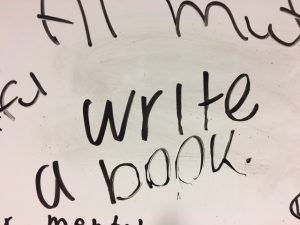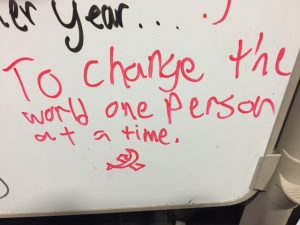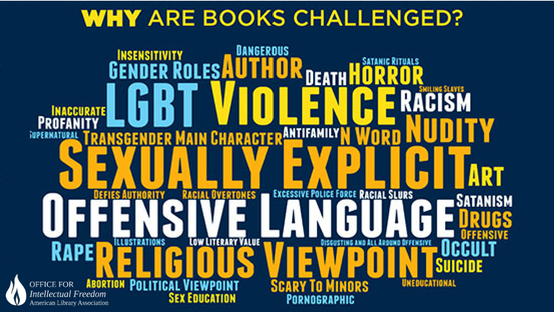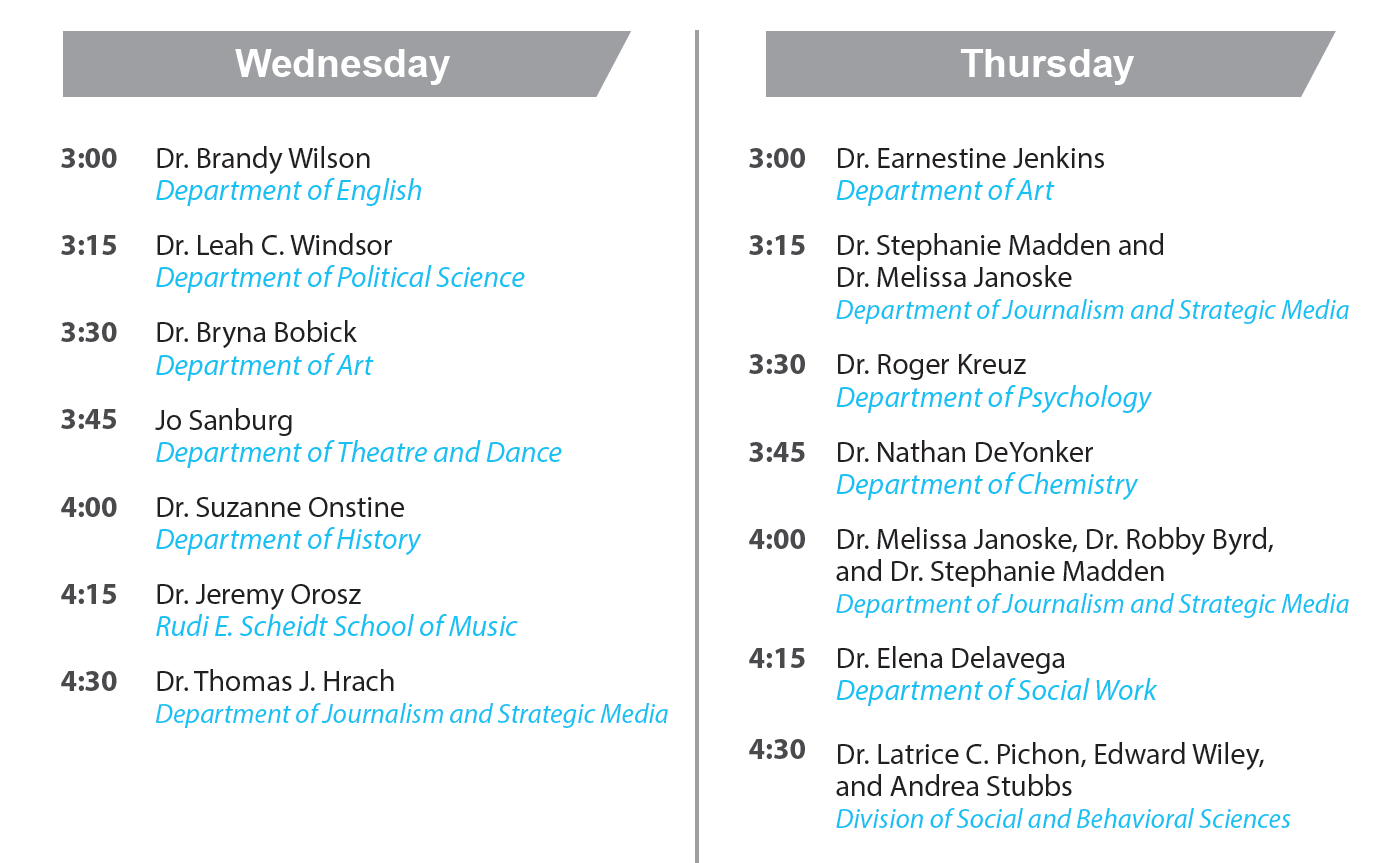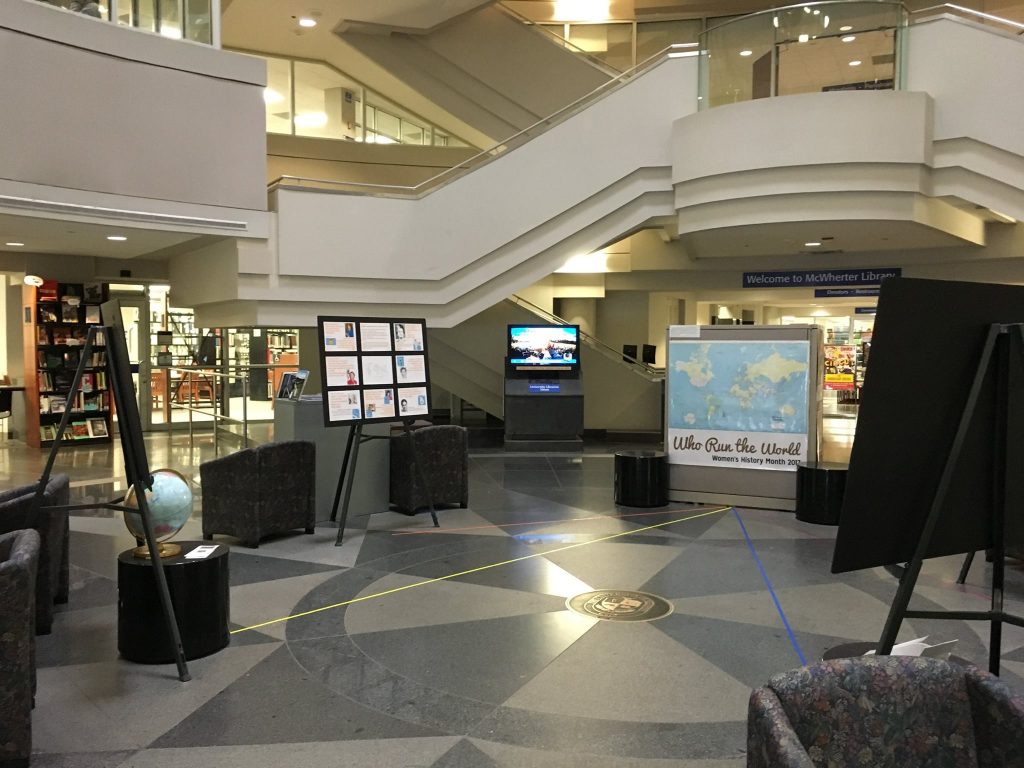 Written by Benjamin Clanton, Government Publications
Written by Benjamin Clanton, Government Publications
Every year, the Government Publications Department at the University of Memphis likes to bring attention to Constitution Day to honor, as you may have guessed, the U.S. Constitution. We have all likely seen news stories debating whether a law or court ruling is ‘constitutional.’ And I am sure, like me, you have wondered: what exactly does that mean? Constitutionality can pertain to most hot button issues in our modern society, whether it be immigration reform or gun control or the power to wage war. Luckily, there are resources available through the federal government that interpret such situations in a way that is accessible to everyday citizens and not just those versed in constitutional law.
One such resource is known as the ‘Constitution Annotated,’ curated by the Congressional Research Service of the Library of Congress and available online at Congress.gov. This invaluable and periodically updated document provides short essays examining new interpretations of the governmental powers outlined in the Constitution and its Amendments. As mentioned before, there is always debate about what our government can and cannot legislate, and how rights protected by the Constitution, such as free speech, are affected by things such as new technologies and controversial events.
The Constitution is often considered a living document. Every year, the U.S. Supreme Court decides on cases that affect how our society will function based on this concept. Thankfully, the ‘Constitution Annotated’ provides understandable analysis through its essays on the ongoing evolution of how the Constitution shapes our lives. And, though tempting, I advise you to never skip the footnotes in these essays: they provide links to landmark court cases that, whether you realize it or not, determine how our country governs and how the Constitution protects the rights of American citizens.
Other resources
- If you would like to view the print version of the ‘Constitution Annotated,’ also known as the ‘Constitution of the United States: Analysis and Interpretation,’ it is available in PDF format at Govinfo.gov.
- Before diving into the interpretive essays of the ‘Constitution Annotated,’ you may want to read the original source material, the U.S. Constitution, here at the National Archives website.
- There is a wonderful display celebrating Constitution Day, put together by our very own Betsy Eckert, in McWherter Library between the Rotunda and the Government Publications Department. And while you are there, grab a complimentary Pocket Constitution to refer to wherever you go!

